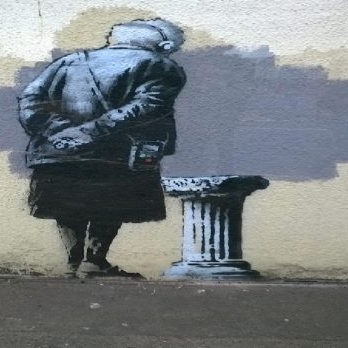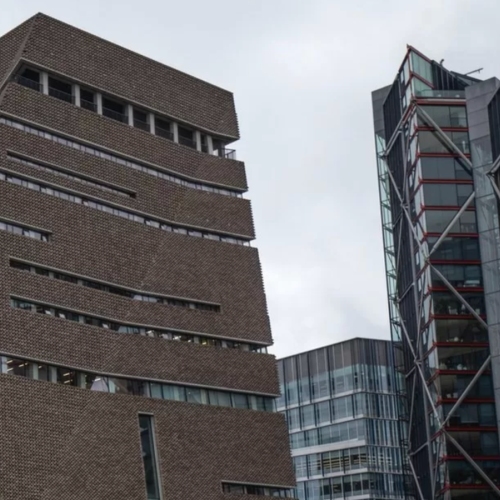All three parties have committed, to varying extents, to breathe life back into the British high-street. In this article, we look at the different pledges the main parties have made to boost the offline retail market, with a particular focus on changes to, or financial support for, business rates.
WolfBite:
- Labour and Lib-Dem plans to overhaul the current business rates system could boost the retail sector, but at a cost to Britain’s commercial landlords
- The Conservative party’s SME support package likely won't go far enough to assist small businesses, who are struggling with business rates
Labour’s pledge to scrap the current business rates system, for one that is fairer to small-businesses, will be welcome news for Britain’s long-suffering high-streets.
Labour has not yet provided a clear outline on how it plans to overhaul the current system, however the Labour manifesto hints at commercial landlords, at least in part, footing the bill.
Part of Labour’s ‘plan for small businesses’, published last year, would give sweeping new powers to local councils, to take over empty shops and reopen them at discounted rental rates, without consent from the property’s owner.
The Labour plan would allow commercial units to remain empty for a maximum of 12 months, after which local councils can use the above measures to fill vacant properties.
Conservative:
As part of its ‘10-point business plan for SME’s’, contained in its 2024 manifesto, the Conservative party has promised a £4.3 billion support package, aimed at easing the burden of business rates on small businesses.
However, with shop closures increasing by 22% between 2022 and 2023, this pledge likely doesn’t go far enough. The British Retail Consortium may be justified in accusing the Tories of ‘failing to grab the bull by the horns’.
When taken in context with promises to increase R&D tax credits for innovating firms, the Tory focus may not be on the high-street when it comes to the UK business community.
Liberal Democrat:
The Liberal Democrats have also pledged to scrap the current system of business rates. The Lib-Dems claim that this policy would be fully costed, by introducing a ‘commercial landowner levy’, and a 4% increase on the current digital services tax.
The party seems to be taking a similarly hard line to Labour, with commercial landlords potentially picking up the tab for revitalising the physical elements of the retail sector.





